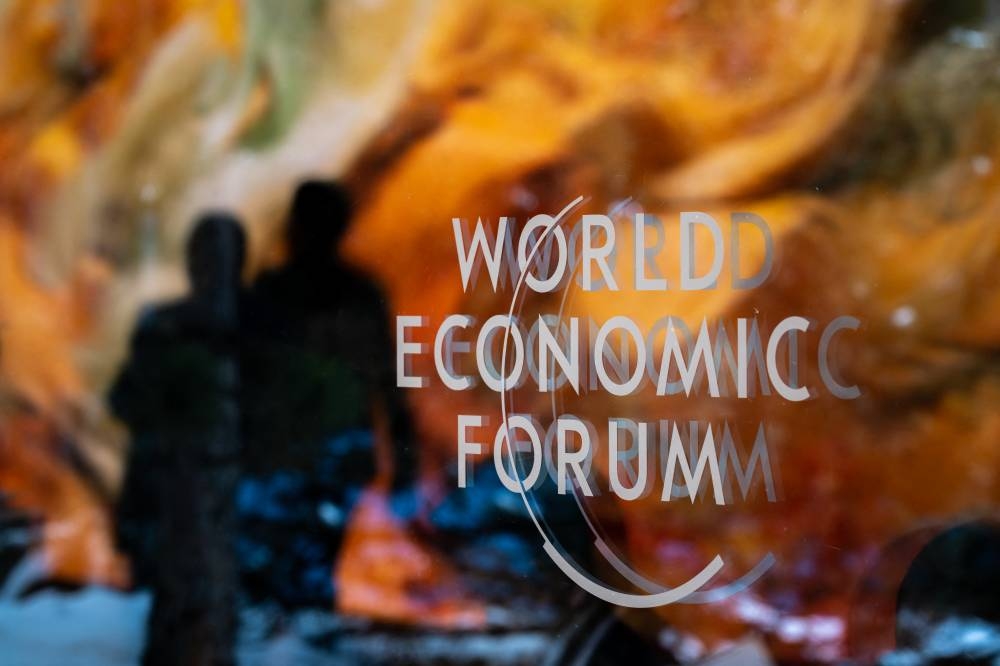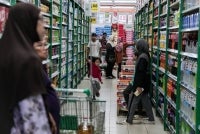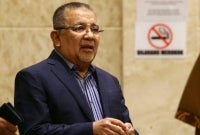World Economic Forum: What’s in for Southeast Asia?
NIK LUQMAN WAN ZAINODDIN
The year 2023 was recently ushered in, with positive hopes abound worldwide. This is especially so after the duo tribulations of the Covid-19 pandemic and war in Ukraine, which see the events ravishing the global economy.
Not to mention the hardening geopolitical fault lines, including the intensifying of the US-China kerfuffle, which palpably does not add up to the prospect of stability in years to come.
Indeed, these issues were all took center stage in the recently concluded five-day meeting of the World Economic Forum, otherwise known as WEF, held in the secluded Swiss resort town of Davos.
Hundreds of world and political leaders, CEOs of multinational corporations, and global decision-makers attended the conference, with attendees representing over 50 heads of state and government, marking a record high.
This also comprised delegations from Asean member states, such as Malaysia, Indonesia, Thailand, and the Philippines, which dispatched delegations to the Davos meeting.
To be sure, the presence of the Asean members at the conference is a testament of the bloc’s resolute in conveying a positive outlook against the backdrop of looming inflation and international headwinds, which many expect to remain at higher levels than in the pre-pandemic past.
Indeed, the message bodes well with the region’s standing.
For one, the Asean regional bloc’s statistics speak for itself. The grouping recorded a total gross domestic product (GDP) of US$3.3 billion in 2021, ranking it among the top five largest economies globally and the top three in Asia, after China and Japan.
Moreover, according to a report released by the Organisation for Economic Cooperation and Development (OECD), Asean’s GDP growth is projected to stand at 5.2 per cent in 2022 and 2023 amid widespread gloom over high inflation.
As reported in the news, Malaysia’s International Trade and Industry Minister Tengku Datuk Seri Zafrul Abdul Aziz, remains optimistic about Asean’s potential, “I think for Asean as a whole, there are a lot of opportunities. We are the fastest growing bloc in the world. The population now is 660 million,”.
And out of the 660 million population, approximately 60 percent would be under 35 years old, thus making the region home to a tenable workforce.
Given this, the Southeast Asia region is fast to place itself as a home for an educated and youth workforce and an emerging middle class.
Not only that, at the moment, Asean is also in the midst of negotiating a number of Free Trade Agreements (FTAs) with other nations, which among others, include negotiations with Canada and upgrading the trade agreement with Australia and New Zealand.
Undoubtedly, the designated trade agreements will facilitate the expansion of international trade and investment and subsequently contribute to the growth of regional and global economies.
The bloc’s projection is promising, which remains a vital feature to withstand any fear of economic slowdown.
By 2030, Asean is forecasted to become the fourth-largest economy in the world after the United States, China, and the European Union (EU).
Indeed, the Davos meeting provides the right platform for Asean to find tune in working together with developed countries in setting the global agenda on trade, development, and other critical issues.
Many bigwigs at the forefront of technology and supply chain issues also attended the Davos meeting. This then allowed Asean participants to meet and ultimately come to deals for investment, as many countries are pivoting towards digital transformation.
However, despite Asean’s promising outlook, the bloc still needs to couch its own regional challenges.
For one, Philippine President Ferdinand Marcos Jr. called the South China Sea issue as “an important and unavoidable issue” to which he added, “We cannot sweep it under the rug”.
To be sure, the South China Sea is a long-standing issue that has long cast a shadow on the region.
This is given that the South China Sea is a resource-rich and strategically important water which crisscrossed by overlapping claims. Over time, a number of vessel clashes and recurring encroachments took place.
Taking a lesson from the spillover effect with which the intrusion of Russia in Ukraine has impacted global food supplies and energy prices, the Philippine President opined that any intensified conflict in the South China Sea is notably not a solution.
Indeed, this is also echoed by Thailand. “We need to be very careful in handling this situation,” and that Thailand will “try to be as neutral as we can”, Anutin Charnvirakul, Deputy Prime Minister of Thailand, remarked.
In regard to intractable Myanmar, Asean peers see eye to eye and maintain that the regional bloc remains committed to engaging Myanmar and is applying its non-interference policy in its member state’s domestic issues.
While there is an amounting concern over geopolitical tensions in the region, Luhut Binsar Pandjaitan, Indonesia’s Coordinating Minister for Maritime Affairs and Investment, assured that Indonesia as Asean chair this year will ensure that economic growth and stability topped the region’s priority. This can be reflected in the Indonesian theme for Asean this year, which is “Asean matters: Epicentrum of Growth.”
Nevertheless, as far as the Davos meeting is concerned, it is timely to call a question whether, in the long term, would the region and by extension the world, be in better state and if the meeting will bring any concrete progress to the ordinary citizen. Indeed, the key answer would be – implementation.
Nik Luqman is an analyst and writer focused on Southeast Asia. Currently he is attached to the Institute of Malaysian and International Studies, National University of Malaysia, as an Associate Fellow. He tweets @Nluqman
The views expressed in this article are the author's own and do not necessarily reflect those of Sinar Daily.
Download Sinar Daily application.Click Here!














